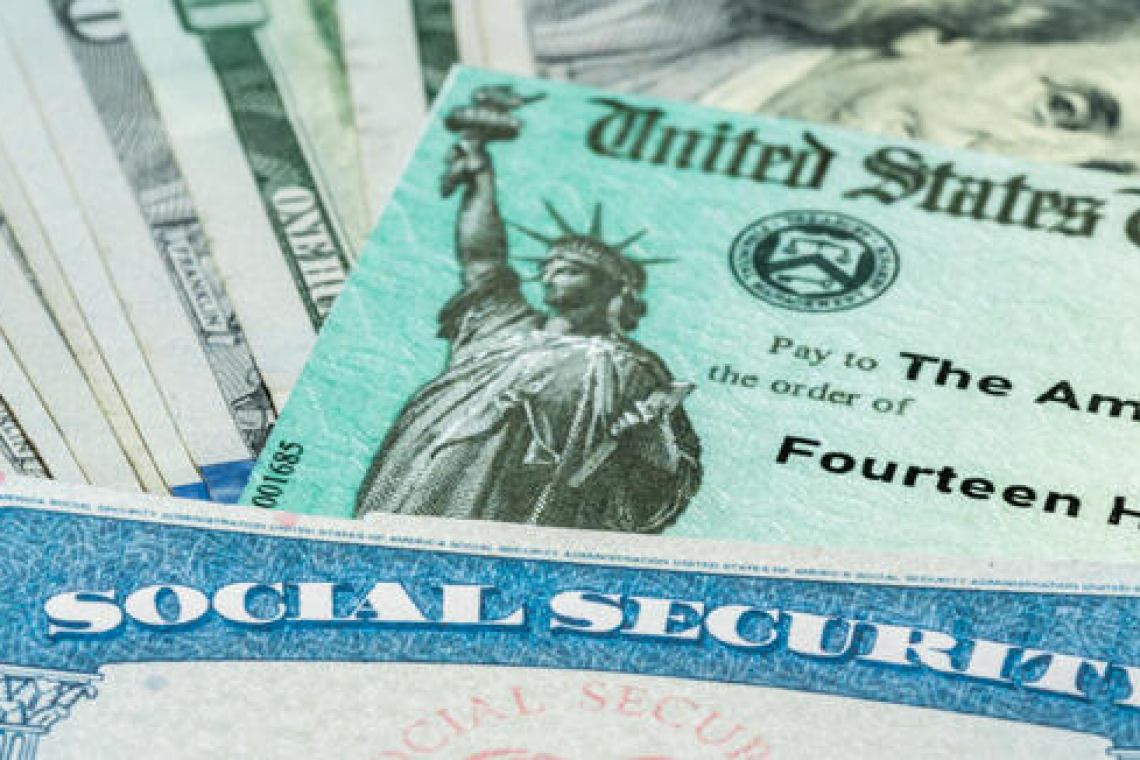With the odds of a U.S. debt default increasing, Social Security advocates warn beneficiaries they should be prepared in case their payments are interrupted.
Negotiations around whether the nation's ability to borrow money should be expanded have been ongoing, but Congress and the White House have yet to reach an agreement on the path forward.
The impasse has placed the U.S. in a precarious financial position, and leaves some of the most vulnerable Americans at risk.
Dan Adcock, director of government relations and policy for the National Committee to Preserve Social Security and Medicare, said there is a "good chance" that in the event of a default, millions of Americans' benefits would be disrupted.
"Seniors should be prepared if they're financially able," Adcock said, adding they should consider putting off discretionary purchases "so they have enough to tide them over."
But millions of beneficiaries have no financial room to maneuver, Adcock said, noting that about 40% of Social Security recipients, which include Americans who are disabled and those who are widowed, receive 90% of their income from the safety net program. That equates to nearly 27 million people.
"Even though we're a few weeks before a default, they won't have enough to squirrel away to cushion for not getting their payments," Adcock said.
Analysts suggest it isn't certain that the government will miss payments to Social Security recipients in the event of a default. The matter would likely depend on how much cash is on hand if or when the debt ceiling is breached.
The staggered schedule of Social Security payments, which relies on an individual’s birthdate to determine which part of the month they receive them, means not all beneficiaries would be equally affected in a missed or partial-payment scenario.
The White House and House Republicans remain at odds after meeting on Wednesday to discuss a resolution to the impasse. NBC News Capitol Hill correspondent Ali Vitali reported the meeting was “tense.” Led by House Speaker Kevin McCarthy, the GOP seeks spending cuts from President Joe Biden in exchange for an agreement to raise the debt ceiling and avoid a default.
On Thursday, the White House said a scheduled follow-up meeting had been postponed.


